
Centering Students in Digital Learning: Insights from Every Learner Everywhere
“Ongoing coaching and mentoring are critical for maintaining student engagement in a flexible learning environment.” — Florence W. Williams, Flexible Learning Design: A Turning Point for Resilient Adult Education (2021)

Empowering Instructional Design with AI – Expanding your Online Preparation Toolkit Through the ADDIE Framework
The University of Central Florida Instructional Development team embodies Cavalier’s Human + AI + Human model to its fullest by demonstrating the development of accessible content using the ADDIE framework.
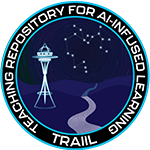
Blazing the TRAIIL: A Repository of AI-Infused Strategies
Explore AI-infused strategies for higher education in the TRAIIL repository, featuring peer-reviewed contributions and innovative teaching methods.

Blossoming Innovations and Thorny Challenges
AI systems used in education require strong student data protection measures and deliberate efforts to reduce algorithmic bias. The most effective educational AI tools emerge from partnerships between technology developers and teaching experts, helping to ensure these systems work fairly and consistently for all students.

It’s Not Just About Paper Straws: The role of higher education in teaching sustainability across disciplines
As instructional designers become more versed in sustainability concepts and their applications within their respective fields, they can inspire faculty, colleagues, and students alike.

Smart Ways Consistent Course Design Can Boost Academic Freedom in Teaching and Learning
A philosophy is important so that everyone is on the same page and there’s a consistency of message.” Paul DePodesta

Teaching Squares: I’m in love with the shape of you!
The sheer brilliance of the Teaching Square is the inter-disciplinary focus that allows faculty to emerge from their silos and understand greater trends of student learning needs.
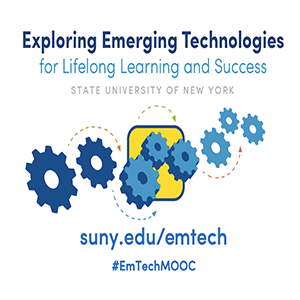
SUNY Exploring Emerging Technologies for Lifelong Learning and Success (#EmTechMOOC)
Organizations and institutions can use EmTech to provide professional development opportunities for cohorts of participants in a wide range of situations.

Guiding Faculty to Plan an Online Community of Inquiry
Online instructors need greater insight on how to plan for student engagement before a course begins.

Student Engagement in Synchronous Online Course Delivery
Having a firm grasp of designing and including activities to engage students can lead to a successful synchronous online course.

Online Best Practices that Work
Online education has continued to evolve, and with its evolution, so has the need to identify best practices for online delivery that are instructive for new and returning facilitators.

Humanizing Online Learning
When transitioning to an online environment, a predominant concern of educators is losing the human “connection” with their students. This connection can occur with the other students, with the content, and with the instructor. How does one go about creating this connection in an online course?
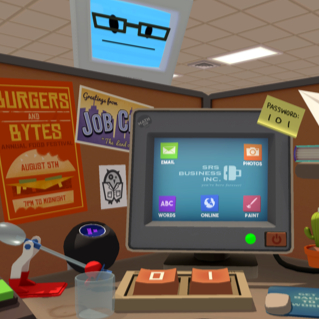
Helping Faculty Discover and Implement Virtual and Remote Labs
Knowing where to search for virtual and remote lab resources is the first step in determining how to help faculty implement those resources into their courses.
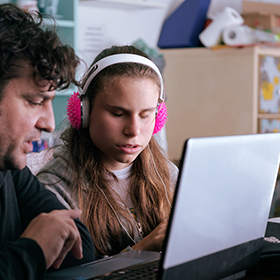
Accessibility Considerations When Moving Online
Spring 2020 has been difficult for everyone who has had to move all courses into the online format that were not originally set up to do so. As institutions move forward, it is important to incorporate plans for accessibility of these online courses.
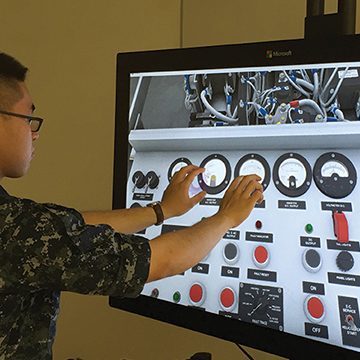
Leveraging Multimedia Based Learning Objects to Enhance Online Learning
The advent of online learning has created a demand for unique ways to deliver course content above and beyond textual materials. This webpage, therefore, is designed to advocate and demonstrate the incorporation of multimedia based learning objects (LOs) for use in the online classroom.

Best Practices for Using Video in Online Learning
Videos can be an effective method of fostering learning in the online classroom. But are you applying best practices to get the most out of your educational videos? Applying neurology to learning has led to the advent of the micro-lecture, which is a brief, focused method of delivering content in an engaging manner.
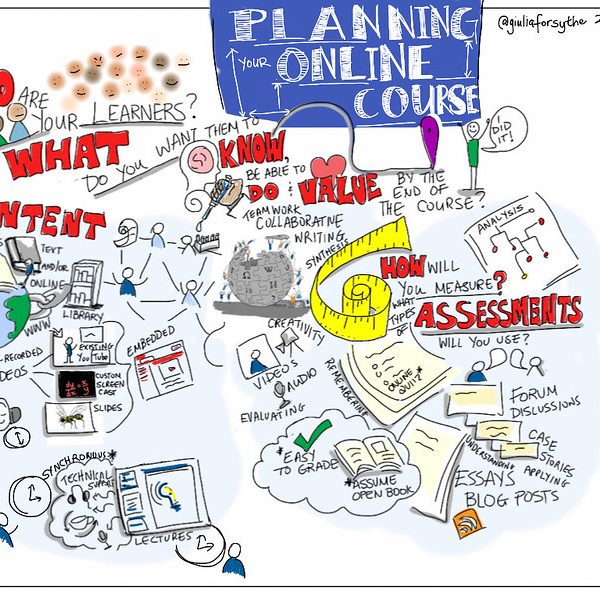
Meeting Faculty Where They Are: A Team Approach to Developing Online Masters Programs at the University of West Florida
University of West Florida (UWF) Global Online is using a team approach to support faculty with the development and redesign of online graduate programs in the Hal Marcus College of Science and Engineering (HMCSE). Development includes transitioning eighteen (18) sixteen-week courses to an eight-week format and completing development of (12) new courses.

Incentives for Faculty Participation
Even when they truly desire to participate in professional development, instructors lead busy lives and often juggle multiple commitments. For this reason, providing incentives for faculty participation is often necessary.

Faculty Analysis, Design, Implementation, and Review of the Curriculum
Adult learners tend to prefer to be in control of their own learning, so it is very important to include faculty in the analysis, design, implementation, and review of the curriculum, along with other stakeholders.

Techniques that Complement the Adult Learner
Once incentives are selected, it is time to design the training. The purpose of explaining core tenets of training is not to explain exactly how to set up the design and delivery, but rather to use techniques that complement the adult learner.

Instruction in the Required Technologies
An important component of preparing faculty to teach online is teaching them how to properly use the teaching and learning tools in an effective and meaningful manner. Providing instruction in the required technologies could involve the most common forms of synchronous and asynchronous training to teach faculty technically and pedagogically how to use the technology, and discusses when they are most appropriate.

Encourage Affordable Content
This page offers strategies for supporting faculty on their journey to explore high-quality, affordable content. Compare and contrast open educational resources (OER) and low-cost affordable options, as well as identify the key questions that guide faculty on this journey.

Continuous Improvement through Ongoing Assessment
Assessment of faculty development programs is crucial in providing feedback on performance with the intent of consistently improving the program as a whole, to foster continuous improvement through ongoing assessment.